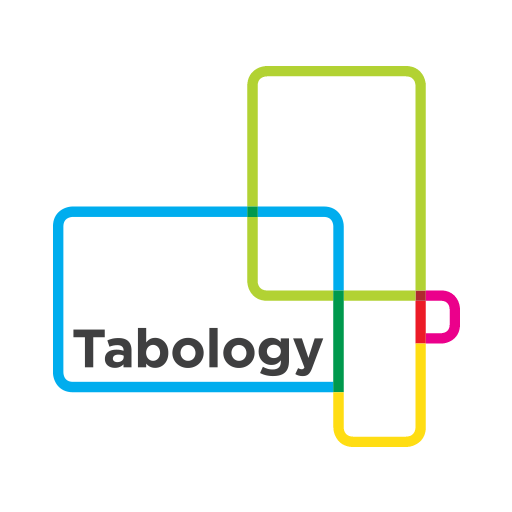Tablet EPOS hardware - Apple vs. Android
The Apple vs. Android debate rages long and hard. There are pros and cons to each and often it will come down to what you want to use a device for. So with that in mind, which is the best tablet for your EPOS?
Flexibility
Android is an open source operating system. This means it is available for other vendors to use and adapt. As a result, it can be customised, and any capabilities of the hardware are available for a software developer to make use of.
Apple, on the other hand, is tightly controlled with little scope for customisation. Developers only have access to those capabilities Apple chooses to make available.
Near Field Communication (NFC) is an example that illustrates this. Whilst many tablets are NFC enabled, Apple lock this down for use only by ApplePay so other apps can't use it. It's still possible to use external devices to provide the technology, but not to use the iPad's own inbuilt hardware.
Android also offers more flexibility in terms of the range of devices available at a range of price points. For some applications, the cheapest iPad may still be overkill, but a fairly cheap android tablet could fit the bill.
Reliability
The limited range of Apple devices does offer a benefit in terms of consistency and reliability. All Apple tablets use very similar hardware and run the same operating system (iOS), which is designed and optimised specifically for that hardware.
As developers for iPads, we can put all our focus on ensuring our hospitality EPOS works smoothly and reliably on this small range of devices and this one operating system.
We even test new versions of our EPOS in our own pub prior to release. This ensures quality and reliable updates for all of our customers, but is only made possible by the consistency of the devices it runs on across our customer base.
With Android, there are many different tablets available that vary significantly in terms of specification. The operating system (Android) is then adapted for each device.
This results in a huge range of hardware and software combinations that an app could be run on, which introduces the possibility of bugs occurring on one device that don't occur on another. This increases the overall likelihood of software bugs as well as making them more likely to slip through testing. It also makes them more difficult to fix.

Cost
Android tablets are available at a huge range of price points, so it's possible to pick one up for much cheaper than an iPad. This is one reason many people ask about using an Android tablet for their POS.
However, using a very cheap tablet for a device as critical as an EPOS could introduce further reliability concerns as well as affect responsiveness and overall usability.
Security
The openness of the operating system and open approach to third-party apps can make some Android tablets more susceptible to viruses. The larger market share of Android also makes it a more attractive and therefore bigger target.
Security is improving with later versions of Android, but due to the range of devices in the marketplace and requirement for manufacturers to adapt the operating system to the device, these can take a long time to become available for any specific device (at the time of writing only 1.1% of Android devices have the latest operating system installed).
Conclusion
Android takes top marks for flexibility and can be a great option for simple apps where an iPad just wouldn’t be economically viable.
This flexibility, however, has a trade-off in terms of reliability and security. Developing and maintaining an app that can be run on such a diverse range of hardware and software will always increase the likelihood of bugs.
For a consumer app, this is a necessary trade-off as the ability to run across many different devices is essential. A POS app only needs to run on one device, which is usually purchased specifically for that purpose making it practical to limit it to a small range of consistent and reliable devices.
So overall whilst Android can certainly beat the iPad in terms of cost and flexibility, for a device as critical as your EPOS we still prefer the reliability and consistency offered by the iPad.





